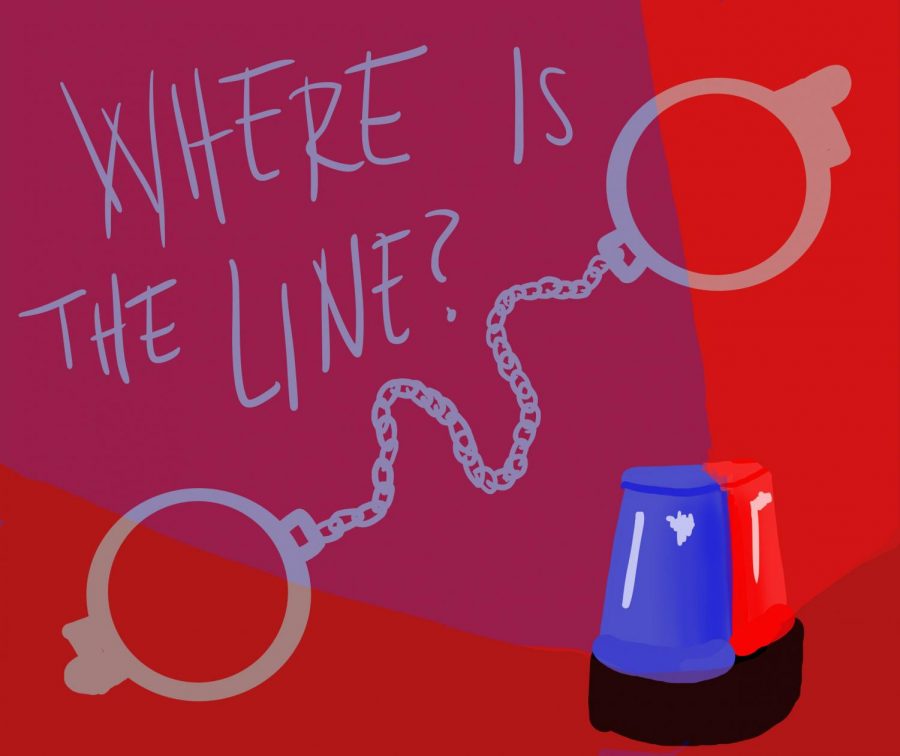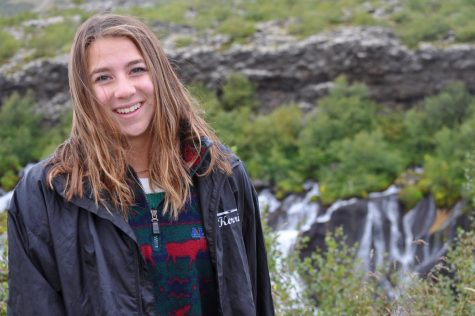Police brutality warrants new action
November 17, 2019
Following the fatal shooting of Atatiana Jefferson within her home, the question of police brutality must be renewed. This story is more than a recent phenomenon. From the death of Micheal Brown Jr. in 2014 to the deep roots in violent Jim Crow era policing, protests of the connection between force and law have continued. However, so have instances of such violence. Clearly, current protests are not enough.
The murder of Jefferson, which caused outcries across the country, demands attention towards the ways in which police forces treat citizens and in particular those of color.
For example, research by the Guardian cited that minorities are almost twice as likely to be killed unarmed by police officers in an altercation than white suspects. Even in simulations, cops are statistically more likely to shoot black suspects and take less time to do so.
As another victim of questionable police action, Jackson’s death reminds the public they must question the justice system, reevaluate the ways in which the law is enforced, and hold accountable those responsible.
The officer responsible for Jefferson’s death not only failed to identify himself as a police officer but also fired the shot within six seconds after his announced warning.
It appears that body cameras simply are not enough. Despite a few convictions, the typical response to violence by police officers has been paid leave. The issues continue to occur, but officers are often yet to face justice. Out of 3,238 cases against police officers analyzed by the National Police Misconduct Reporting Project, only 33 percent were convicted, and only 36 percent of the convicted officers served jail time.
While not all police officers are unnecessarily violent and not all altercations end in death, it remains clear that the demand for a solution is pressing. By both continuing to increase surveillance and reevaluating the training regimen for officers, precincts take significant steps towards improvement.
While becoming a police officer is certainly not easy, it is concerning that in states such as Alabama and Idaho a cosmetology license requires more time than police training.
Additionally, the public has a job as well. In the face of the host of deaths that have occurred, individuals should remember the names of those who have lost their lives. Eric Garner, Micheal Brown Jr, Tanisha Anderson, Tamir Rice, Attatinia Jefferson, the list goes on. Rather than let their deaths be in vain, individuals can protest the unnecessary use of force against citizens by reaching out to local governments to increase police training.



Kalorra Smith • Nov 17, 2019 at 7:21 pm
Great article Katie!